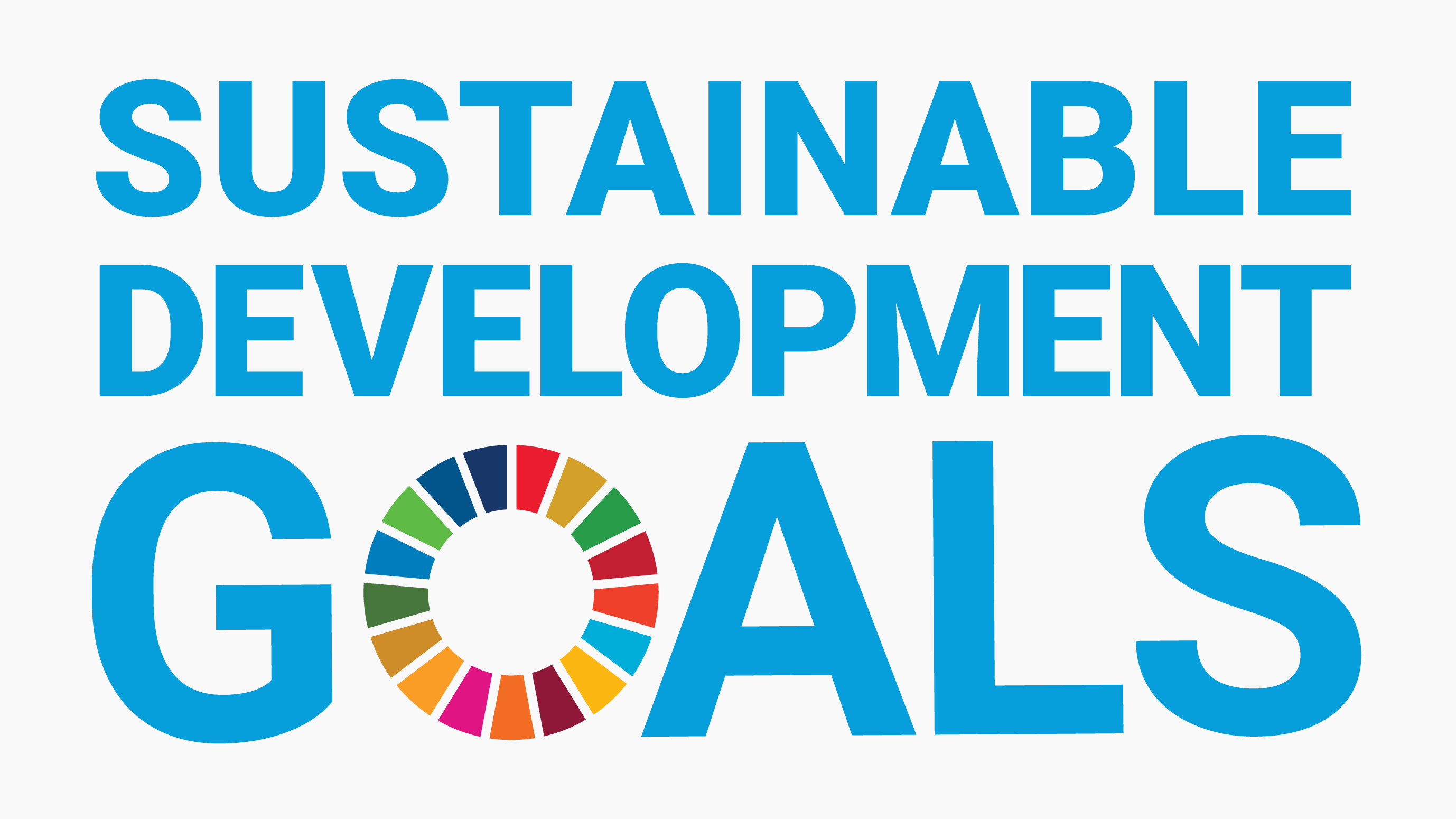The global climate of Australia’s Great Barrier Reef bleaching reaction is worth pondering

According to surveys, the Great Barrier Reef in northeastern Australia has faced an unprecedented coral bleaching crisis in recent years, and two-thirds of the corals have been destroyed.
Coral bleaching is a phenomenon in which climate warming causes the sea temperature to rise, leading to the death of corals and symbiotic algae in their bodies, leaving only transparent coral polyps or white bones. Human-induced climate change makes coral bleaching worse. The ocean absorbs 93% of the earth’s increased heat; the warming of sea water stresses the corals and the symbiotic algae in their bodies, causing the symbiotic algae that provide most of the nutrients to the corals to be expelled. Loss of the pigments and nutrients provided by the seaweed leads to corals bleaching; if the normal environment is restored, corals will resume growth, but this will take decades; if the pressure of coral growth continues, the corals will die.
The significance of coral reefs to mankind is more than just a tourist attraction. In fact, it plays an important role in maintaining global biodiversity, maintaining fishery resources, protecting coastlines, and optimizing the atmospheric environment. Corals are called “Submarine Rainforest”, and the areas of corals in the global ocean only account for 0.5%, but 30% of marine life gathers there. The protection of coral reefs is of great significance to maintaining marine biodiversity. Coral reefs are also a source of food and breeding grounds for fish, and 10% of global fishery production mainly comes from coral reef areas. At the same time, the existence of coral reefs can effectively reduce the impact of waves and store carbon dioxide, which is of great significance to protecting the coastline and preventing global warming. The bleaching of the Great Barrier Reef is just a microcosm of coral bleaching in the global seas. For the survival and development of mankind, all countries in the world cannot stay aloof and take care of themselves. They must act, starting from the height of a community with a shared future for mankind, and actively assume their own emission reduction responsibilities to prevent global climate warming, protect coral reefs for future generations, and protect the beautiful earth ecology. Our analysis of the bleaching phenomenon of the Great Barrier Reef in Australia shows that the global environment is deteriorating and destroying our common home on the earth. We need to continue to reflect and governments should act urgently. It is imperative to solve the problem of climate warming.
About Us
Institute of International Exchange is an international non-governmental and non-profit organization. We hope to build an equal and friendly platform for exchanges and cooperation around the world.
© 2023 Institute of International Exchange




